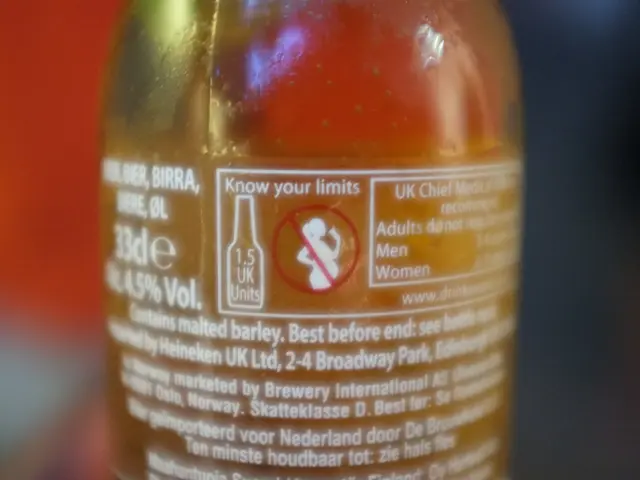Mexico's Fluorite: Key to Global Energy Transition, but Environmental Concerns Linger
Mexico, the world's second-largest fluorite producer, is set to play a crucial role in the global energy transition. The demand for fluorite is surging, particularly in the lithium-ion battery market, as the shift towards electric vehicles and renewable energy gains momentum. However, the environmental impact of fluorite mining in Mexico has raised concerns.
The Las Cuevas mine in San Luis Potosi, operational since the 1950s, is the largest fluorite mine globally. Fluorite, a key mineral in the energy transition, is used in batteries, electric vehicles, wind turbines, and solar panels. An electric vehicle battery can require up to ten times more energy than lithium.
Mexico's fluorite production, which reached 1.51 million tons in 2024, is almost equally split between domestic use and export, with the United States and the European Union being the primary destinations. The European Union has listed fluorite as one of its 34 critical raw materials since 2023.
Despite its significance, Mexico lacks robust policies to ensure fluorite mining does not harm the environment or nearby populations. Mining activities have led to water and soil contamination in areas near fluorite mines. However, since 2023, the Mexican government has implemented stricter energy regulations, increased monitoring, and promoted community engagement programs in San Luis Potosi, Durango, and Coahuila to mitigate these impacts.
As the demand for fluorite continues to grow, Mexico's role in the global energy transition is set to become even more prominent. With stricter energy regulations and increased monitoring, Mexico aims to balance its fluorite production with responsible mining practices, ensuring a sustainable future for both its economy and the environment.








